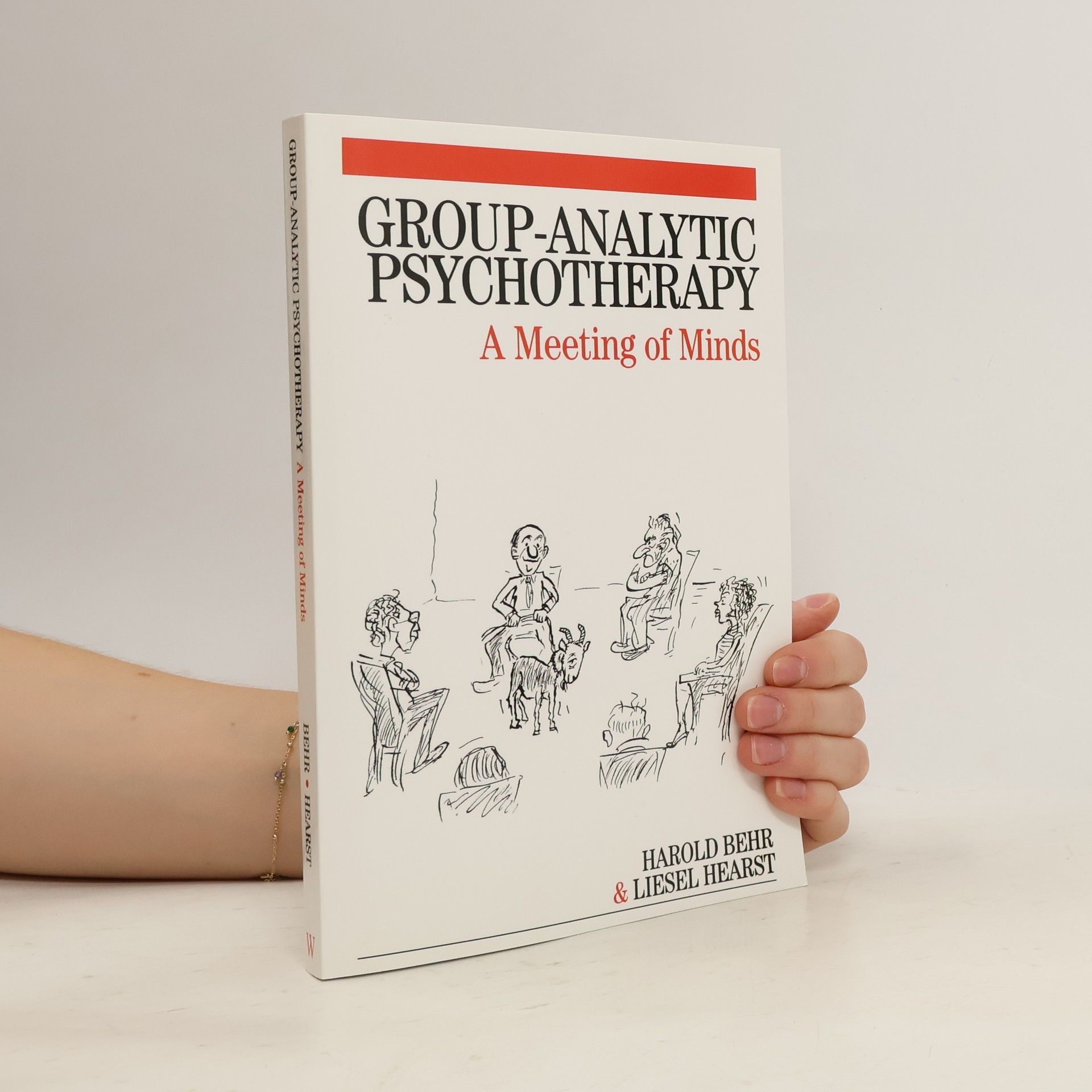Kniha poskytuje terapeutům, pedagogům, studentům i jiným zájemcům podrobné a všestranné informace o skupinové analýze. Přináší stručný přehled historie a nejnovějších tendencí, podrobně se zabývá nejrůznějšími aspekty, situacemi a možnostmi terapeutické praxe, čímž koriguje některé přežívající mýty o práci analytických skupin. Je doplněna účelným slovníčkem základních pojmů a reprezentativním přehledem literatury – pomůckou pro podrobnější studium. Text oživují ukázky z praxe, dialogy mezi autory a v neposlední řadě také vtipně volené citace a kresby Harolda Behra.
Harold Behr Knihy


This book provides a comprehensive account of group analysis for practitioners, teachers, and students of psychotherapy. It clarifies the dynamics of analytic groups and addresses the various challenges therapists face in group analytic psychotherapy. Key topics include patient assessment and preparation, group administration, and managing new members. A chapter on psychopathology outlines common psychiatric conditions encountered by group therapists, along with strategies for addressing them within a group setting. The text delves into the processes that shape analytic culture, such as dream analysis, interpretation, transference, countertransference, and the roles of play, humor, and metaphor. It also explores complex scenarios like dropouts, scapegoating, silent members, and monopolization, alongside discussions on Large Groups, homogeneous groups, child and adolescent therapy, family therapy, non-clinical settings, and supervision. The impact of therapists' personal issues is also examined. Historical, social, and cultural contexts of group analysis are integrated, along with future perspectives from emerging ideas in the field. Enriched with vivid vignettes and dialogues between the authors, the book distills their extensive experience in group analytic practice and training both in the UK and internationally.